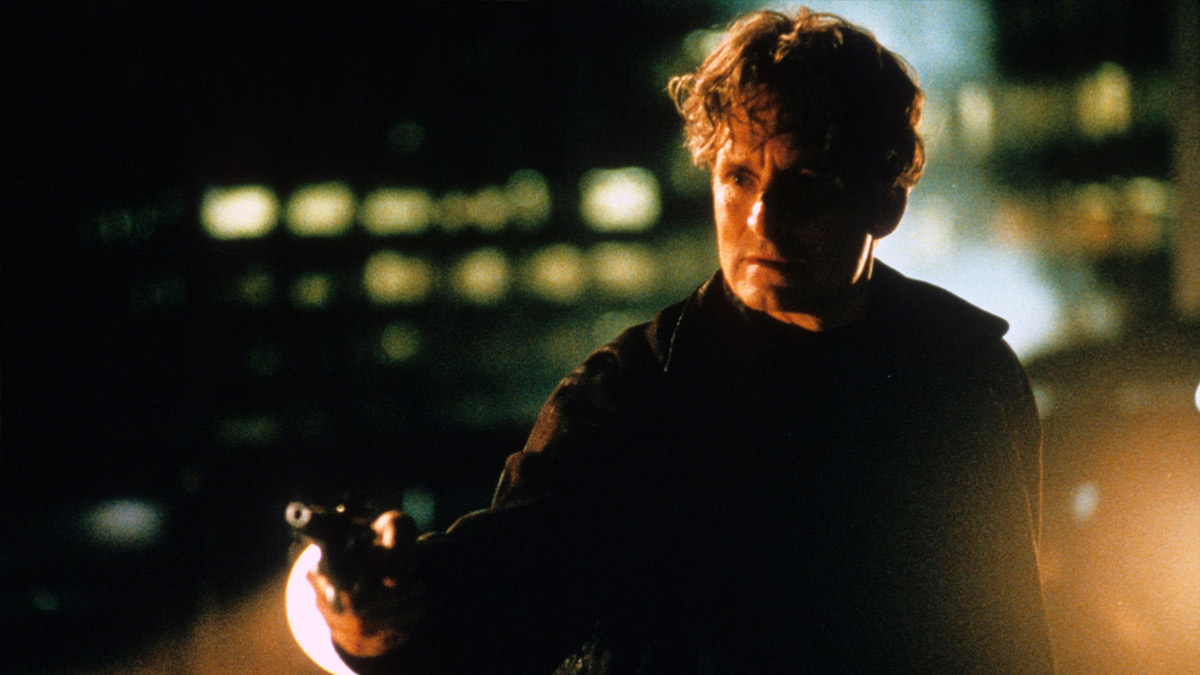
(c) Photofest / Getty Images
``The Game'' Convinced criminals who ``won't give up.'' What lies beyond the pros and cons?
2017.08.17
The genre changes at the beginning and end! ?
The unfortunate thing about ``The Game'' is that many viewers couldn't follow Fincher's meta tricks. In 1999, two years after ``The Game,'' M. Night Shyamalan released `` The Sixth Sense, '' which became a huge hit worldwide. At this point, Shyamalan was still a ``plot twist'' director, but with ``Unbreakable'' in 2000, he began to show new ground as a `` Umbraree twist'' director, which also led to ``The Game''.
The similarities between ``Umbraree'' and many of Shyamalan's works and ``The Game'' are that the genre changes at the beginning and end, and the entrance and exit are in completely different places. ``Umbraree'' begins as a supernatural mystery in which the protagonist, the only survivor of a tragic train accident, tries to figure out why he was able to survive. As I write about the story's exit without giving away any spoilers, it turns out that the main character is actually an immortal superhero, though he didn't even know who he was. In short, although it starts off in a very dark mood, it is a story similar to Episode 1, which depicts the birth of a hero.
It is often said that Shyamalan's trademark is ``plot twists,'' but in fact, he continues to make movies that don't have ``plot twists.'' To explain again about “dondengaeshi”, it is a way of delivering a punch line that says, “It seems like 〇〇, but it turns out to be 〇〇, but in reality, it turned out to be 〇〇!”. I would like you to think that.
In terms of Shyamalan's works, ``Signs'' is a movie with ``no plot twists'' and `` Village '' is a movie with ``plot twists.'' There is a spoiler theory that says ``writing it as a plot twist is already a spoiler,'' but that doesn't move the story forward, so I'd like you to put it aside for now.
`` Signs '' is a story about a family living on a farm who become obsessed with a strange story about an ``alien invasion,'' and their fears multiply. Do aliens really exist? What do the mysterious words left behind by his late wife mean? Despite asking many questions, in the end, the aliens actually exist, and they attack the farm, and the family is saved by the mysterious words of his late wife that become a way to fight them off. It is the ultimate form of ``no plot twists'' that will surprise you when the answer to every question is ``yes.''
Although ``Umbraree'' and ``Signs'' were big hits, they were also criticized for being ``stupid.'' This is because the act of “not giving back the plot” is an act of outrage, as if the audience were expecting a “plot twist”. However, similar to the spoiler theory mentioned earlier, expecting a ``dong-gaeshi'' itself is already a spoiler, and I think there are no surprises in it because we are just enjoying the variations of ``dong-gaeshi''. Isn't there no other way to make a fresh twist on a twist?
I don't know if Fincher, Shyamalan, etc. asked themselves such questions, but as a result, their "unexpected twists" are not just about the punchline like in "The Sixth Sense" (in fact, they are about the parent-child relationship). (It's a drama about reconciliation), but I think it was a good opportunity for the audience to regain the joy of enjoying the beauty of expression and detail without getting caught up in the topic.

